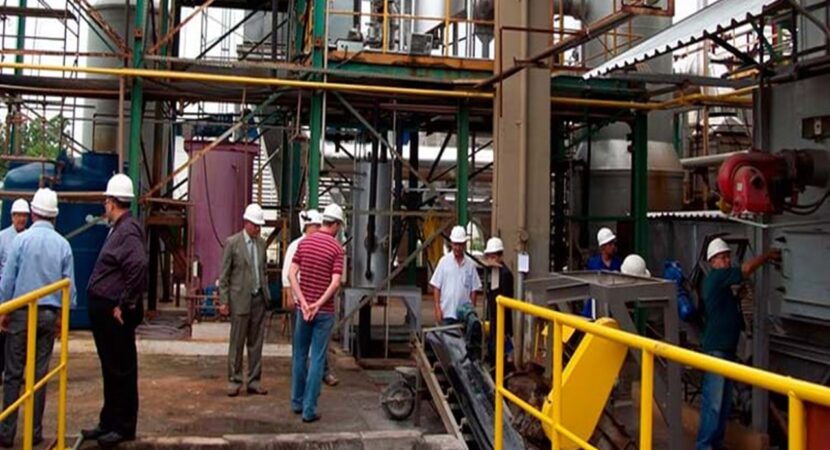
Energy Recovery Plants of 10 thousand tons of waste can generate about 80 to 100 permanent direct jobs without considering the indirect ones
According to the System of Estimates of Emissions and Removals of Greenhouse Gases (SEEG, 2020), urban solid waste was responsible for 4% of the total emissions of greenhouse gases in Brazil in 2019, corresponding to the emission of 96 million tons of CO2 equivalent, and energy recovery plants can avoid 48 million tons of CO2 equivalent per year, according to a study carried out by ABREN.
Read also
- Price of gasoline, diesel and cooking gas at the heights does not prevent Petrobras from increasing fuel prices even more this Tuesday (06/07), which starts with a blow to consumers' pockets
- Minas Gerais company is the first startup in the world to develop advanced niobium materials and unique solutions for the health, beauty and agribusiness sectors
- WEG, one of the largest manufacturers of electric motors in the world, bets on artificial intelligence for predictive maintenance in wind turbines
- The largest steel plant in Latin America and the world leader in niobium invest in a Singaporean company; the global giants are betting on graphene, the material of the future!
Since 2010, there has been a 23% increase in these emissions, 65% of which come from sanitary landfills, controlled landfills and dumps.
The 5th Report of the Intergovernmental Panel on Climate Change (IPCC) points out that waste energy recovery plants (WRE) reduce greenhouse gas emissions by 8 times when compared to landfills, and are the most effective way to mitigate greenhouse gases from solid urban waste (MSW). For each ton of waste treated in an ERU, around 1.550 kg of CO2 equivalent is avoided in relation to landfills with 20% burning by safety flare.
Energy Recovery Plants are equipped with highly efficient flue gas treatment systems
ERUs are subject to the strictest environmental legislation and are equipped with highly efficient flue gas treatment systems, with typical emission values between 50% and 75% below the limit values imposed by the European directive 2010/75/EU.
This directive requires monitoring the emission limits of more than 20 components, whereas in combustion plants with a thermal capacity greater than 50 MW only 3 polluting components are monitored.
Resolution SMA 79/2009 adopted by the State of São Paulo used this directive as a reference. The landfills are subject to minimal air emission regulations despite emitting more than 170 pollutants and 46 air toxins, including 4 known and 13 probable carcinogens.
Energy recovery plants from 10 tons of waste can generate around 80 to 100 permanent direct jobs over 30 years, without considering indirect jobs
A study carried out by the European Commission indicated that the energy recovery of 10 thousand tons of waste can create up to 40 jobs. During the construction phase of URE plants, an average of 200 to 300 direct workers are needed at the peak of the work, which lasts about 36 months. In the operational phase, a medium-sized plant can generate around 80 to 100 permanent direct jobs over 30 years, without considering indirect ones. On the other hand, for every 10 tons of waste sent to landfills, it is estimated that only around 10 jobs are created.
The implementation of ERUs in Brazil would allow the recovery of, on average, 23 kg of recycled metals for each ton of treated waste. The implementation of plants in 28 Brazilian metropolitan regions, with more than 1 million inhabitants, and also in Brazilian capitals whose sanitary landfills are located in an area of environmental preservation, such as São Paulo (SP), Rio de Janeiro (RJ), Salvador ( BA), Vitória (ES), Belo Horizonte (BH), Curitiba (PR), Recife (PE), Teresina (PI), Porto Alegre (RS), Florianópolis (SC) and Aracaju (SE) would have the potential to recover more than 800.000 tons of metal per year, which would remain buried and lost. Landfills do not allow the recovery of metals.
About ABREN: The Brazilian Association for Waste Energy Recovery
About ABREN: The Brazilian Association for Energy Recovery of Waste (ABREN) aims to promote the energy recovery of waste, simultaneously solving two major current problems in Brazil and the world: the disposal of solid waste and the generation of clean energy.
The problem of waste, produced in increasingly monumental quantities, damaging the environment, biodiversity and public health, now has a solution, that of energy recovery.
ABREN is part of the Global Waste to Energy Research and Technology Council (GWC), a prominent technology and research institution that operates in several countries, headquartered in New York City, United States, with the aim of promoting the best practices in integrated management and sustainable waste through its energy recovery, known as Waste-to-Energy (WTE) or Energy from Waste (EfW). The Executive President of ABREN is also the President of WtERT Brasil, thus representing the Global Council of WtERT (GWC).
A OPEN It is a member of the International Solid Waste Association (ISWA) and the Federation of the German Waste, Water and Raw Material Management Industry or Bundesverband der Deutschen Entsorgungs, Wasser-und Rohstoffwirtschaft e. V. (BDE), which allows ABREN to receive relevant information about the international waste market, participate in events, integrate technical work groups and seek the exchange of knowledge for the development of the Brazilian market.


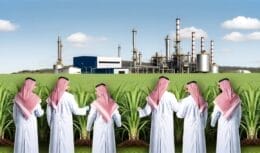


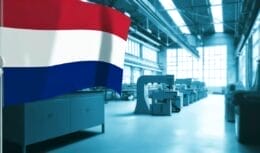



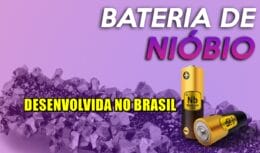

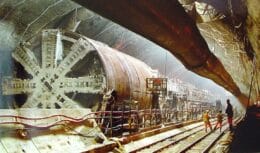
Air Force F-16 fighters…
True friend, what they shot down were…
Air Force F-16 fighters…
I would like to know what planet you live on…
Air Force F-16 fighters…
Well... It's flying scrap... Typical...
Air Force F-16 fighters…
Which genocide are you talking about? Than…
Air Force F-16 fighters…
Venezuela's air superiority is a…
Arriving here in this configuration and range…
For over 15 years my car…
I would really like this opportunity
This type of war that China…
The car isn't that bad, but...
Hmmm...I don't know if I believe it! I thought they shot...
If Elbit retaliates, it will paralyze...
The institution went bankrupt. They lost respect for…